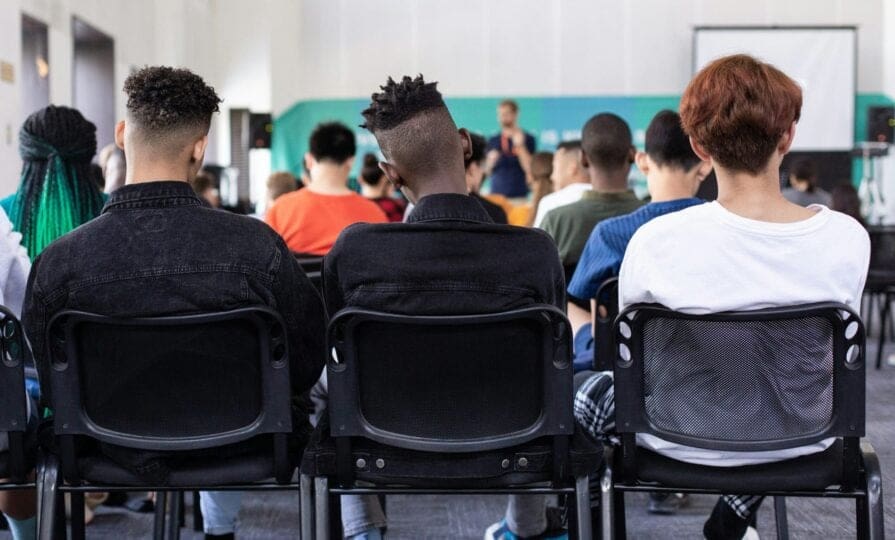Racist rhetoric ‘inevitably’ influences pupils, NAHT warns
It comes as the school leaders’ union has brought a motion to the Trades Union Congress (TUC) Black Workers’ Conference to address the racism issue in schools

Register to get 1 free article
Reveal the article below by registering for our email newsletter.
Want unlimited access? View Plans
Already have an account? Sign in
The National Association of Head Teachers has warned that racist rhetoric in wider society inevitably influences school children, and has called for a “proactive, anti-racist approach to education”, including for all school staff to receive mandatory anti-racism training.
It comes as the school leaders’ union has brought a motion to the Trades Union Congress (TUC) Black Workers’ Conference, which took place in London from 11 to 13 April, to address the racism issue in schools.
According to NAHT, anti-racism training is a necessary part of the Keeping Children Safe in Education (KCSIE) training.
Lorna Matthews, a member of NAHT’s national executive and leaders for race equality network, said: “Embedding anti-racism into education from the start is a matter of safeguarding children and society. Children as young as three years old can pick up on racial bias, so all educators must be equipped to balance and counter potentially harmful attitudes.
“If we do not address the mechanics of racism and all othering, we inadvertently give implicit consent, as the unchallenged sharing of racist, sexist, homophobic tropes impact on how we all think. Facts and fairness must be central to education and society for it to thrive and evolve beyond this point in time.”
Paul Whiteman, general secretary of NAHT, added: “Education can play a pivotal role in tackling discrimination, improving awareness and challenging prejudice. But words are not always enough – we need action too. That’s why NAHT is calling for a centralised, anti-racist approach to education, underpinned by regular, mandatory anti-racism training for all staff.
“This needs to go further than simply being aware of racism – anti-racism requires action to change and create policies, practices, and procedures to promote racial equity. We need everyone who works in schools to be empowered to do this, in order to bring about true change.”







